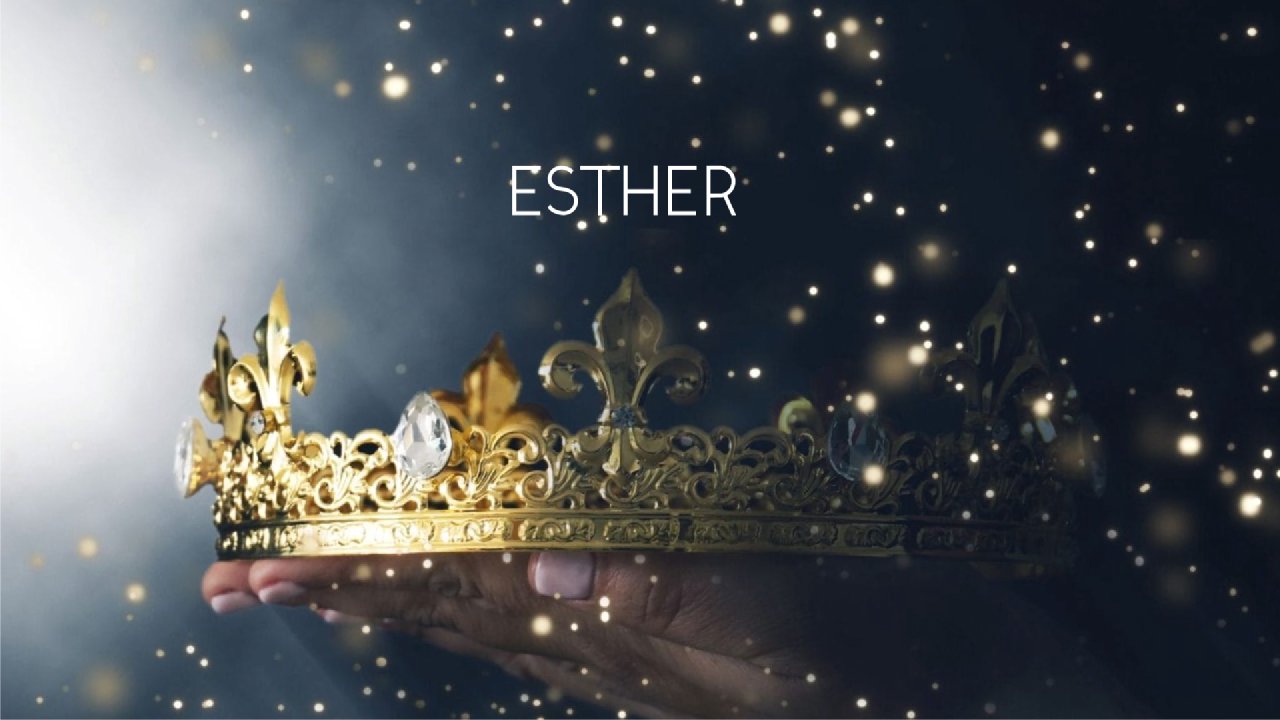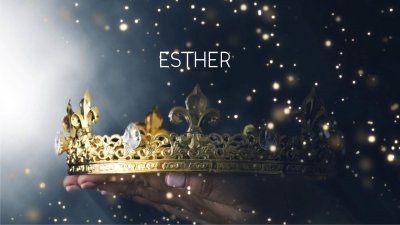• Hadassah (Esther’s Hebrew name) means “myrtle." Isaiah prophesied several hundred years earlier, “Instead of the thorn shall come up the cypress; instead of the brier shall come up the myrtle; and it shall make a name for the Lord, an everlasting sign that shall not be cut off” (Isaiah 55:13).
• Compare and contrast Daniel's life and experience in the kingdom of Babylon with Esther's in the kingdom of Persia. How are they similar? How are they different?
• Reflection: When have we been tempted to conceal our faith out of comfort or convenience, out of fear of rejection, or to avoid conflict or confrontation? What does this reveal about who's approval we are seeking?
• These were dark times in ancient Persia. Our world today, in many ways, is just as dark. Luckily, as we’ll soon discover for Esther, dark times are no obstacle for God. In fact, sometimes it’s in the darkest of times that His glory is revealed most powerfully.
• Take note of the seven references to the number seven in Esther 1:1-2:16. (Hint: 1:1, 1:5, 1:10 (2), 1:14, 2:9, 2:16.) Seven is the number used in Scripture most often to reflect the completeness or wholeness of God. God's name may not be mentioned, but there are whispers of God all over!
• Why does Esther advance over all the other girls? Take note of the repeated word "favor" in verses 9, 15, and 17. That's the big Hebrew word HESED that we find here, pointing us to God's covenantal, steadfast love. The king finding favor with her was GOD’s doing. Esther finds herself in a position of prominence because of God’s providence.
• Regardless of our disobedience, God’s hand hovers over every detail, moving the pieces into the places he’s determined. Though God may discipline us, he NEVER discards us. He works in and through and despite the sin and suffering in our lives, all for the good of those who love him and who’ve been called according to his purpose.
• God’s not seeking a perfect servant, one who can be perfectly obedient. He sent one: Jesus Christ.
• Esther was being prepared (as a bride) for the king. She spent so much time and energy undergoing beauty treatments in order to make herself acceptable for the king. What makes us beautiful before the Father? The cross of Christ. All of the ugliness of our sin and shame, nailed to that cross, so gruesome and bloody and violent… so that we could be washed clean, so that his righteousness would be imputed on US, so that we are beautiful in the Father’s eyes.
• “The gospel is not a love story in which a good-looking groom meets and falls in love with a radiant, pure bride. The gospel is a love story in which a radiant and pure groom chooses to love and purify a wretched bride who has repeatedly given herself to the devouring love of the flesh and the world… Christ took us who were spiritually ugly and gave us HIS beauty.” Landon Dowden

Week Three
September 22, 2021 • Jaime Carnaggio • Esther 2:1–18
More from
Esther Study





